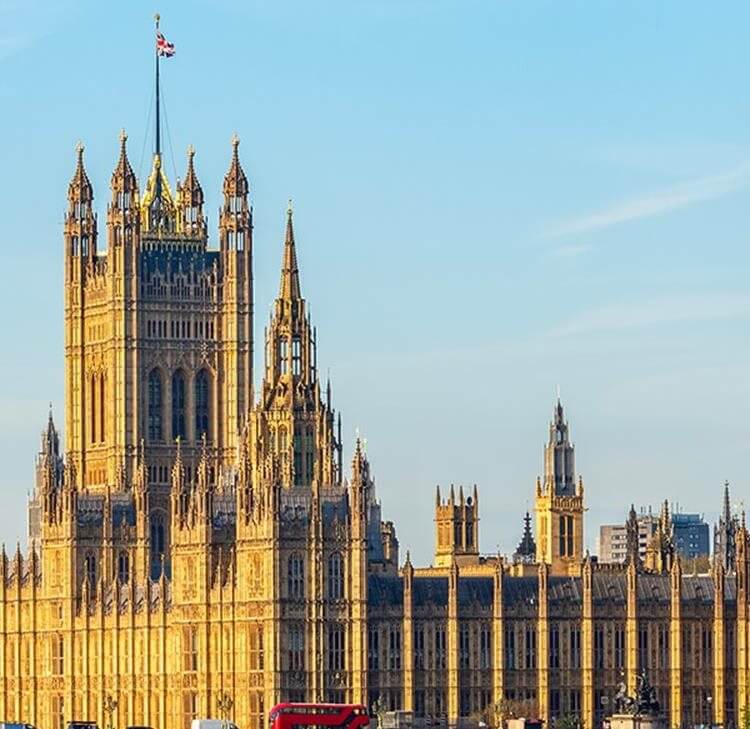On 26 May 2025, the Irish Council for Civil Liberties (ICCL) applied to the Irish High Court to initiate a landmark class action lawsuit. This case is the first of its kind in Ireland and challenges Microsoft over its advertising technology, which is alleged to infringe user privacy rights. Mr Justice O’Donnell deemed the lawsuit permissible as a representative action under Representative Actions for the Protection of the Collective Interests of Consumers Act 2023 (the “Act”), thereby authorising ICCL to serve a plenary summons on Microsoft.
While there is no general class action mechanism available in Ireland, the introduction of the Act allows for representative actions to be brought before the Irish courts in respect of infringements by traders that harm or may harm the collective interests of consumers. Examples of actions covered by the Act include those relating to defective products, unfair terms in consumer contracts, and / or misleading and comparative advertising, etc.
The Act officially commenced in Ireland on 30 April 2024 and gives effect to Directive (EU) 2020/1828 (the “Directive”). The Directive aims to ensure that a representative action mechanism for the protection of the collective interests of consumers is available across all EU Member States and also seeks to introduce safeguards to avoid abusive litigation. Ultimately, the Directive and Act aim to improve consumers’ access to justice, but this may have the knock-on effect of increasing the amount of litigation against businesses catering to consumers.
Who can bring a representative action?
Under the Act, representative actions can only be brought by a Qualified Entity (“QE”). The Act sets out certain requirements that must be met in order to qualify as a QE. These requirements include that:
- The QE must be a legal person that can demonstrate that it has 12 months of actual public activity in the protection of consumer interests;
- The QE’s main purpose is one that demonstrates that it has a legitimate interest in protecting consumers’ interests;
- The QE has a non-profit making character;
- The QE is not the subject of insolvency proceedings nor has been declared insolvent;
- The QE is independent, and it makes information publicly available which demonstrates it complies with the above requirements and provides the source of its funding, etc.
Currently, the only QEs registered in Ireland are the ICCL and NOYB – European Center for Digital Rights.
Remedies available to consumers
The Act sets out the forms of redress available to consumers. These include compensation, repair, replacement, price reduction, contract termination, or reimbursement of the price paid. QEs may also seek injunctive relief on behalf of consumers. While Recital 10 of the Directive provides that punitive damages should be avoided to prevent the misuse of representative actions, the Act does not explicitly address this point, and the redress measures available to consumers under the Act are without prejudice to the discretionary power of the court.
Opt-in obligations
Under the Act, where consumers hope to be represented by a QE in actions for redress measures, they must first make a request to be represented by the QE, before the case is deemed admissible (using the prescribed form). A consumer who has not notified the QE of their wishes to be included, shall not be represented by the QE and shall not be entitled to benefit from any of the redress measures granted by the courts.
However, the position is different where the QE is making an application for injunctive relief rather than redress. In such a scenario, there is no obligation for consumers to notify the QE that he or she seeks to be represented.
However, before proceedings can be brought seeking an injunction, the QE must engage in prior consultations with the trader who is the subject of the proposed representative action, in order to provide the trader with an opportunity to cease the infringement. Where, after reasonable efforts are made to enter into consultations or where the trader refuses to participate in such consultations, the QE may make an application to bring a representative action before the court seeking an injunction. This is subject to the QE being of the opinion that the trader has continued to act in a manner that constitutes infringement, and a period of 2 weeks has lapsed since the request for consultation.
Collective settlements
The Act also explicitly provides that a QE and a trader may jointly propose a settlement to the court regarding redress for the consumers represented in that action.
A settlement between a QE and a trader in a representative action for redress shall be subject to the approval of the court and any settlement approved shall be binding on the QE, the trader concerned, and the individual consumers represented in the representative action. The court can refuse a settlement if it contains terms that appear to be unfair. If the court refuses a settlement, it will continue to hear the representative action.
Funding for litigation
Under the Act, when third-party funding is used for representative actions for redress (insofar as it is permitted by law), courts are tasked with preventing conflicts of interest and ensuring that such funding does not compromise the collective interests of consumers. Specifically, the Act mandates that actions cannot be brought against defendants who are either competitors or are economically linked to the funding providers. Additionally, QEs must maintain independence from external influences, particularly from traders with a vested interest in the litigation. QEs are required to establish procedures to safeguard against any undue influence from their funding providers and to align their actions solely with consumer interests, ensuring that their operations remain free from conflicts.
While there are certain exceptions, such as in the context of arbitration, third-party litigation funding is generally prohibited in Ireland. This prohibition on litigation funding may undermine the practical impact of the Act, due to the high costs likely to be associated with bringing a representative action. It is hoped that some of these constraints may be alleviated in due course.
On 21 March 2025, the European Commission published a comprehensive study which explores the varying legal frameworks and practices surrounding third-party litigation funding across EU Member States, as well as in selected countries such as the US, UK, Switzerland and Canada (the “Study”). Ireland’s Law Reform Commission (“LRC”) has been examining the topic of third-party litigation funding and its unlawfulness in Ireland for some time, with its final report due to be published in the near future. It is therefore expected that the Study will have some influence on any recommendations that arise under the LRC’s final report. Only time will tell how the LRC’s much awaited recommendations will impact collective redress in Ireland.
Conclusion
The Act is a significant advancement in safeguarding consumer rights and aligning Ireland with EU standards on collective redress mechanisms. While the legislation facilitates easier access to justice for consumers, it also puts pressure on businesses to ensure compliance with consumer laws, or otherwise face the threat of a representative action being brought against them.
If you have any queries in relation to the above, please feel free to contact us.











































